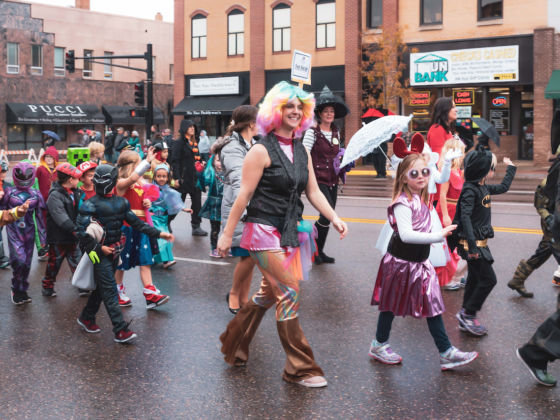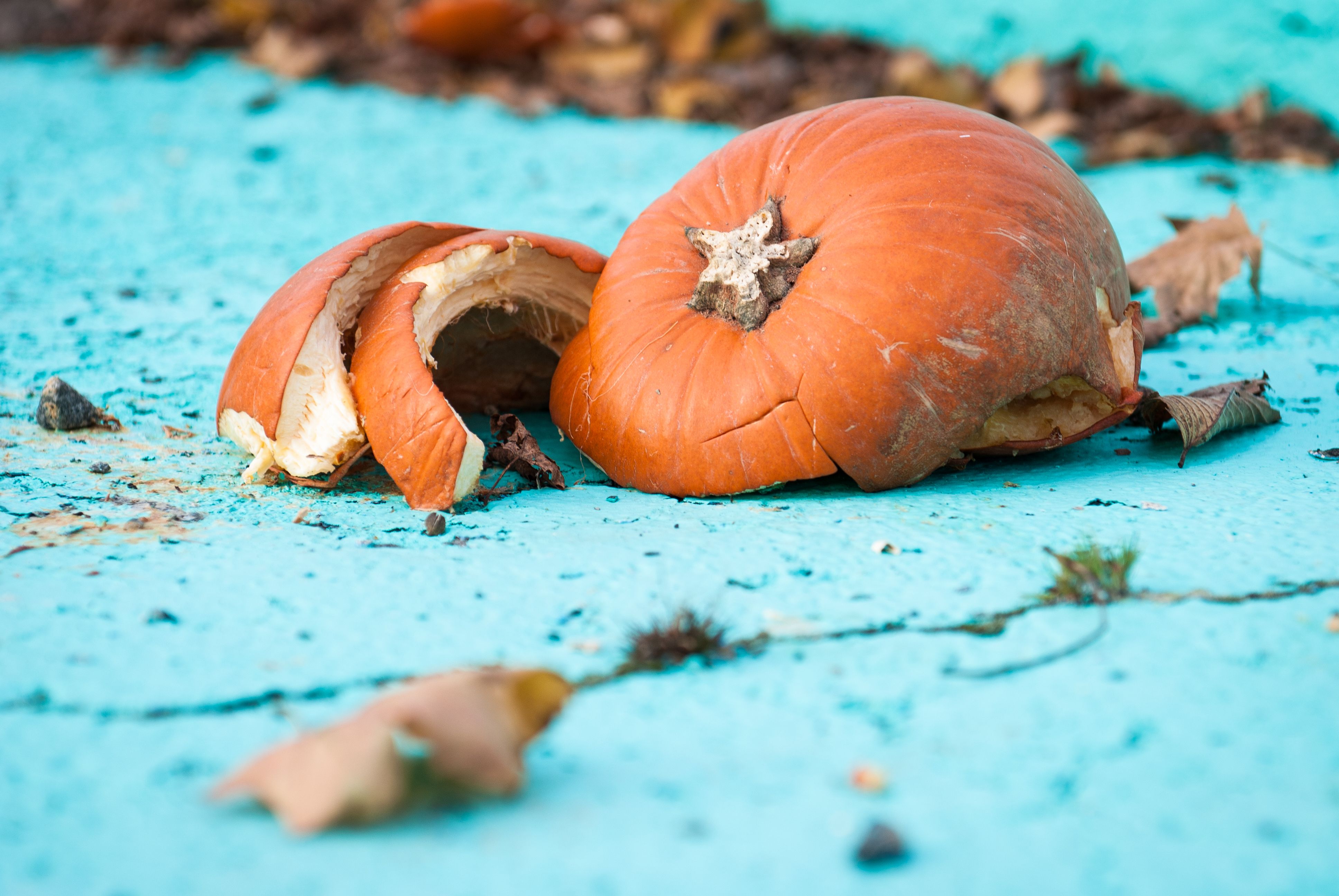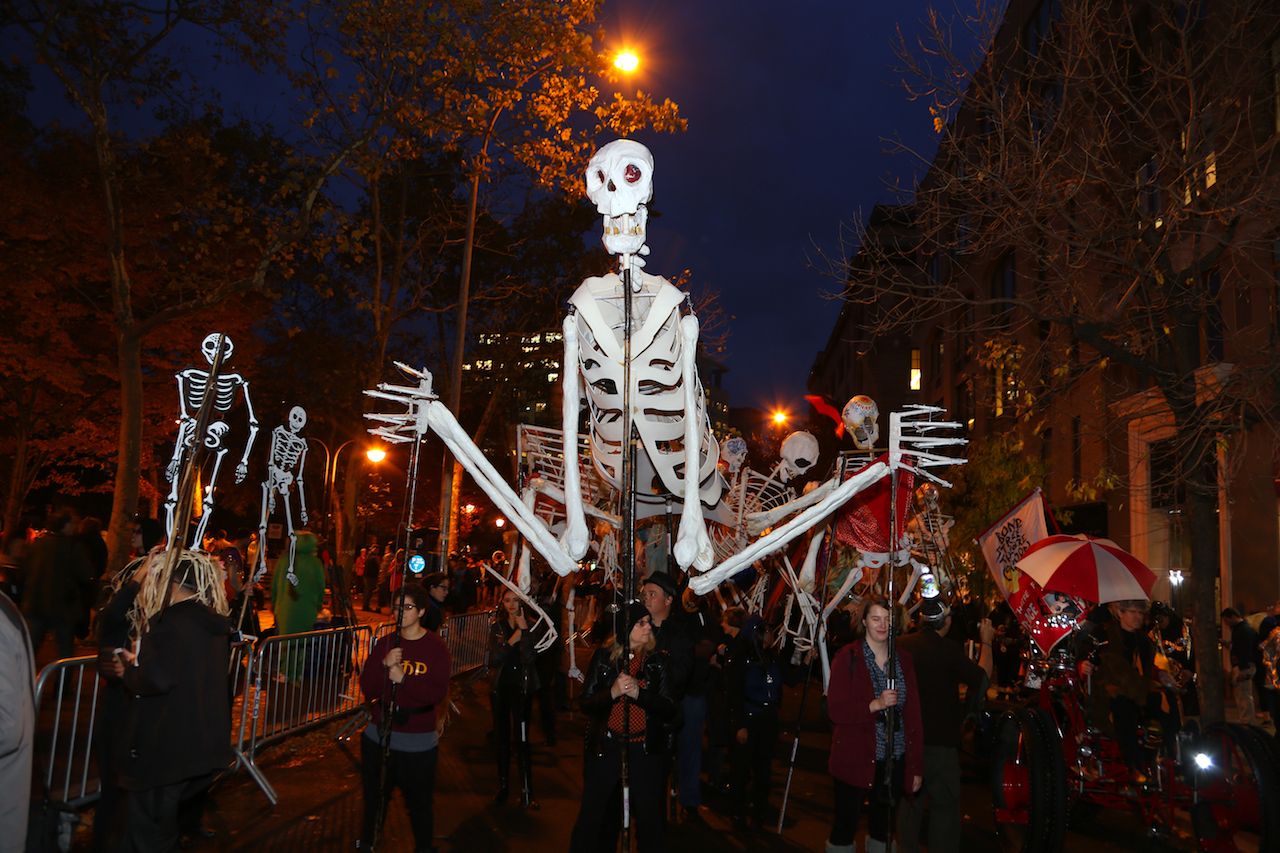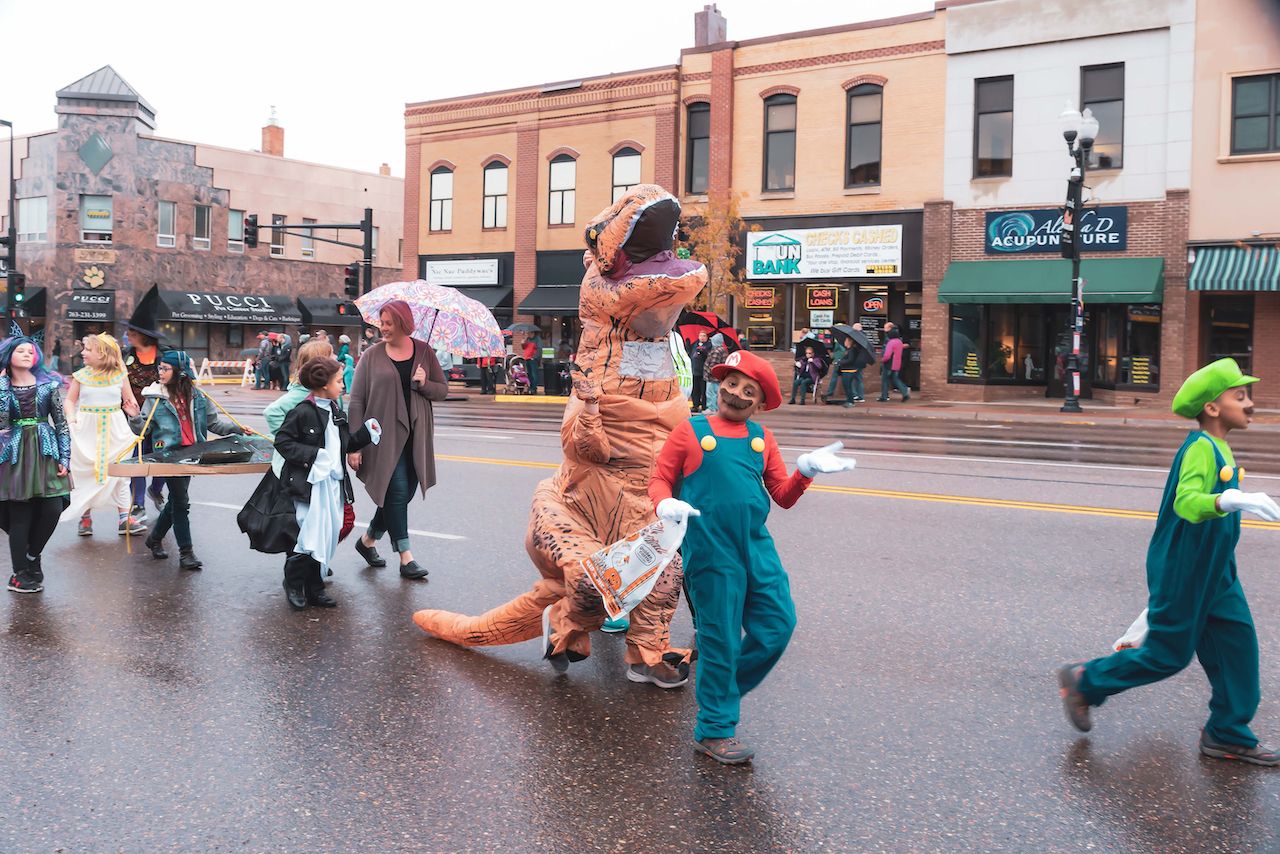Poke around the right parts of the internet for a few minutes and it’s easy to find what is supposedly the first city in the United States to hold a Halloween parade: Anoka, Minnesota, the self-proclaimed “Halloween Capital of the World.” Dig a little deeper, though, and the story turns out to be more complicated.
First, you need to know the official story as told by Anoka Halloween, Inc., the non-profit organization that promotes Anoka’s history and organizes the annual festival. According to legend, the town’s parade dates back to 1920.



